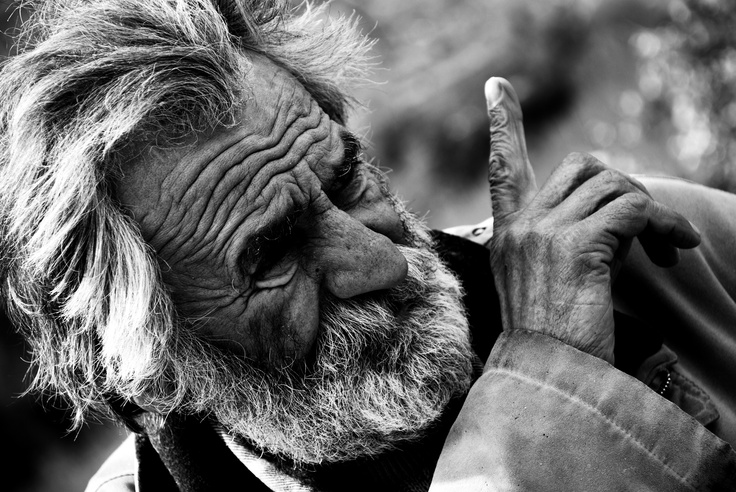Wabi Sabi Thinking to Heal Our Relationships
May 09, 2017
May 09, 2017
 The vase in the Japanese museum has a crack in it. In our western world, the vase is broken. If it is to be shown, it needs to be fixed first. It needs to be fixed so that the crack is not visible.
The vase in the Japanese museum has a crack in it. In our western world, the vase is broken. If it is to be shown, it needs to be fixed first. It needs to be fixed so that the crack is not visible.